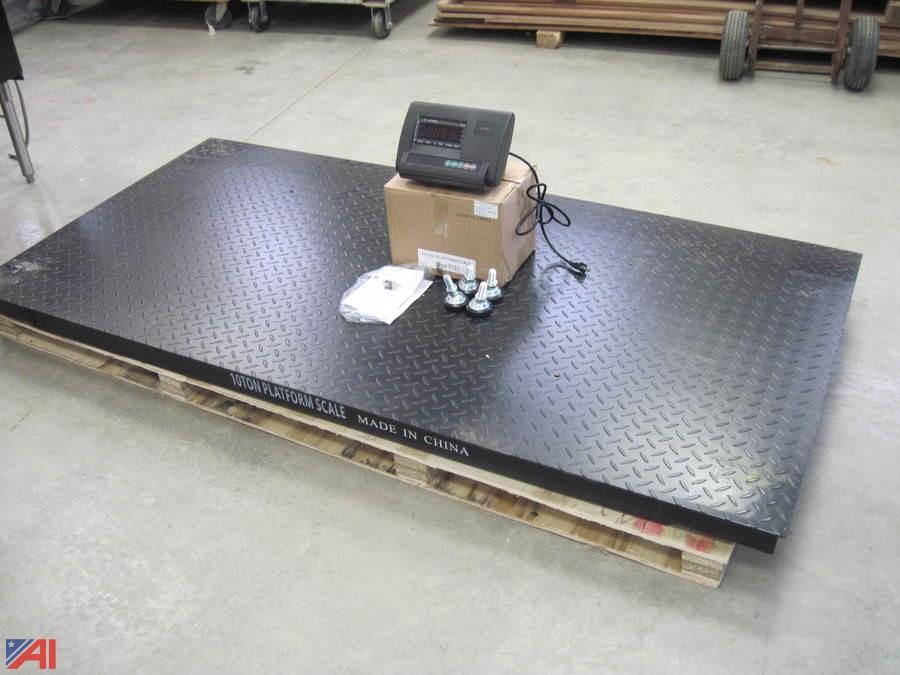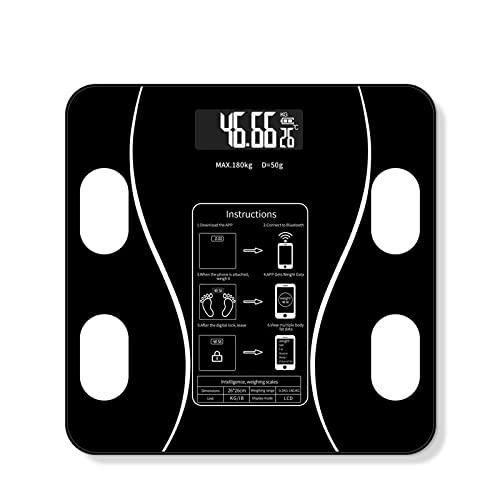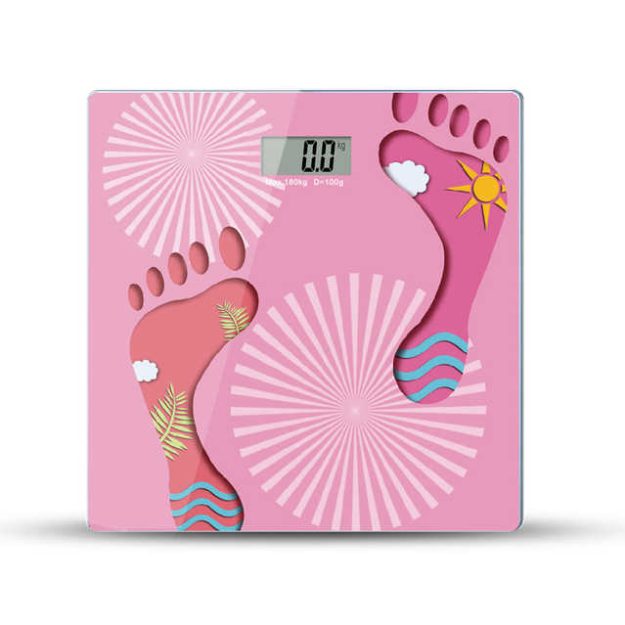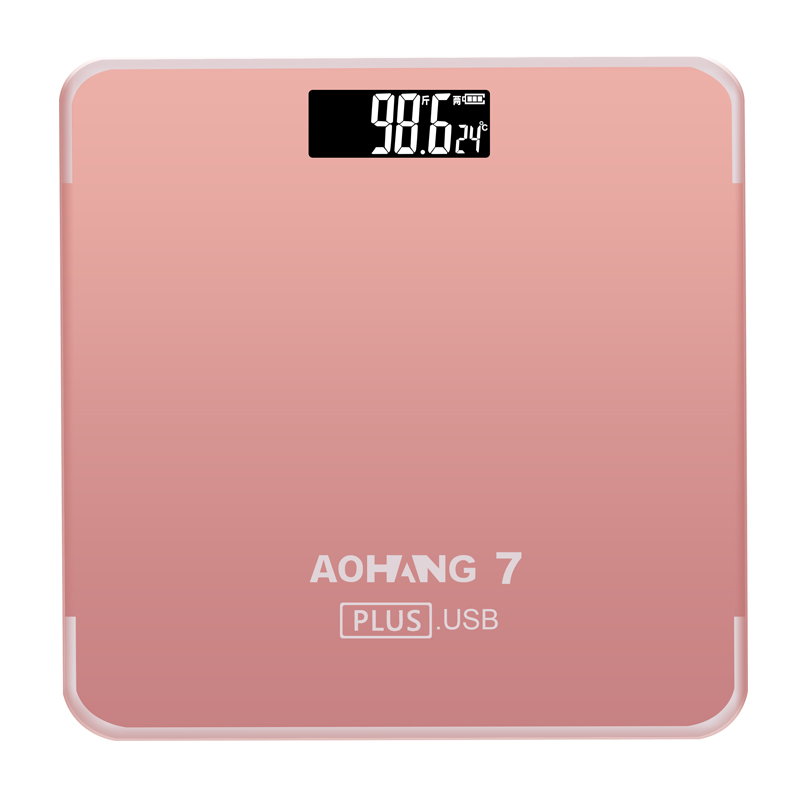Digital weighing scales have become the go-to devices for precise and convenient measurements. Whether for personal, commercial, or industrial use, they are easy to operate and provide accurate weight readings. This guide explains how to read a digital weighing scale in kilograms (kg), along with tips to ensure accuracy.
Steps to Read a Digital Weighing Scale in Kilograms
- Place the Scale on a Flat, Stable Surface
- Ensure the scale is on a level surface to prevent inaccuracies.
- Avoid carpets or uneven floors as they can affect the weight reading.
- Switch on the Scale
- Press the power button and wait for the display to show “0.00 kg” or just “0.0.”
- Some scales may automatically zero out when powered on.
- Ensure the Unit is Set to Kilograms (kg)
- Most digital scales allow you to toggle between units like kilograms (kg), pounds (lb), or ounces (oz).
- If the scale is not set to kilograms, press the unit button until “kg” appears on the display.
- Place the Object or Yourself on the Scale
- For personal weight, stand still and evenly distribute your weight on the scale platform.
- For items, place them gently in the center of the scale for accurate measurements.
- Wait for the Reading to Stabilize
- Digital scales often show a blinking display or beep when the measurement is stabilized.
- Read the final weight shown on the screen.
- Record the Reading
- Write down or remember the weight for your records, especially if it’s a critical measurement.
- Turn Off the Scale After Use
- To save battery life, switch off the scale if it does not have an automatic shutoff feature.
Tips for Accurate Readings
- Calibrate the Scale Regularly
- Calibration ensures the scale maintains accuracy over time. Eagle Weighing Systems offers professional calibration services in Uganda.
- Avoid Overloading the Scale
- Always check the maximum weight capacity of the scale. Exceeding it can damage the scale and lead to inaccurate readings.
- Use the Tare Function
- If using a container to hold items, press the tare button to reset the scale to zero after placing the container.
- Keep the Scale Clean
- Dirt or debris on the weighing platform can affect accuracy. Clean the scale with a dry or slightly damp cloth.
- Check Battery Levels
- Weak batteries can cause incorrect readings. Replace the batteries regularly for consistent performance.
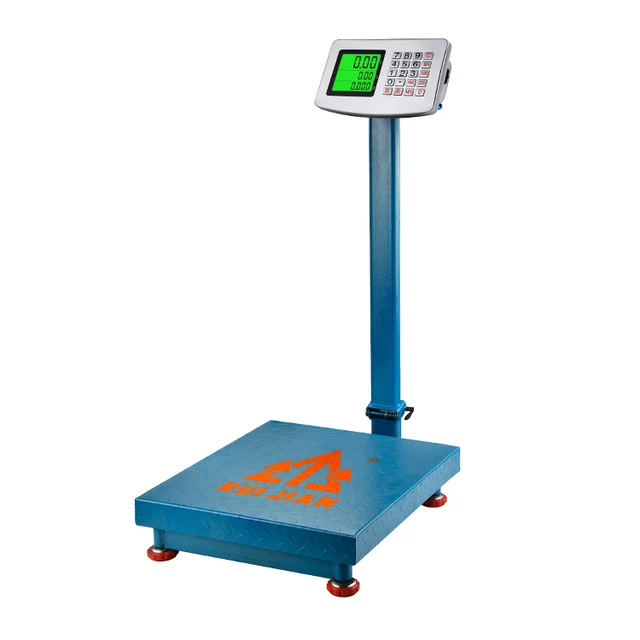
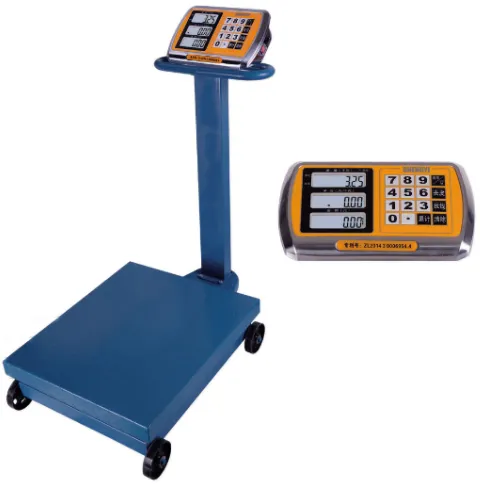
Applications of Digital Weighing Scales in Kilograms
- Personal Use
- Track your body weight for fitness and health purposes.
- Retail and Trade
- Ensure accurate measurements for fair transactions in markets and stores.
- Healthcare
- Monitor patient weight using reliable medical scales.
- Industrial Use
- Weigh bulk goods like produce, construction materials, or livestock.
- Laboratory and Pharmaceutical Applications
- Measure small quantities of substances with high precision.
Why Choose Eagle Weighing Systems?
Eagle Weighing Systems is Uganda’s leading supplier of digital weighing scales. Here’s why they’re the best choice:
- Wide Range of Products
- They offer scales tailored for personal, retail, industrial, and laboratory use.
- Affordable Pricing
- Competitive prices in Ugandan Shillings (UGX) ensure you get value for your money.
- Calibration and Maintenance Services
- Eagle Weighing Systems provides after-sales services to ensure your scale remains accurate.
- Expert Advice
- Not sure which scale suits your needs? Their team will help you choose the perfect option.
- Convenience
- Explore their products on the official website. Stay updated via their Facebook page, Twitter account, and YouTube channel.
Conclusion
Reading a digital weighing scale in kilograms is straightforward if you follow the proper steps. From setting the unit to stabilizing the reading, attention to detail ensures accurate results. For top-quality digital weighing scales and expert support in Uganda, trust Eagle Weighing Systems.
Whether for personal, retail, or industrial needs, they have the perfect weighing solution for you. Visit them today for unmatched accuracy and reliability!

